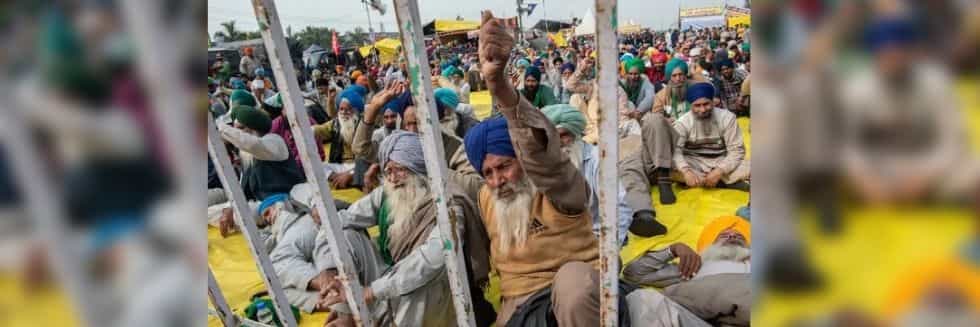Coming to the rescue of a Muslim woman, Karnataka High Court dismissed the husband’s petition to quash family court order under which he was directed to pay maintenance. The wife was fighting the legal battle for almost a decade.
“Muslim marriage is a contract with many shades of meaning, not a sacrament unlike a Hindu marriage and does not repel certain rights and obligations arising from its dissolution,” noted Karnataka High Court.
The petition was filed by Ezazur Rehman (52) in Bhuvaneshwari Nagar in Bengaluru challenging the order announced by the First Additional Principal Judge of Family Court in Bengaluru on August 12, 2011.
Months after the Mehr (a gift or contribution made by the husband-to-be to his wife-to-be) of Rs 5,000, Rehman divorced his wife Saira Banu on November 25, 1991. Rehman contracted another marriage and had a child out of that marriage. On August 24, 2002, Banu filed a civil suit against her ex-husband seeking maintenance.
“The plaintiff is entitled to monthly maintenance at the rate of Rs 3,000 from the date of the suit till the death of the plaintiff or till she gets remarried or till the death of the defendant,” ordered the family court.
Observations By Justice Krishna S Dixit
Justice Krishna S Dixit dismissed the petition with imposing Rs 25,000 cost. He noted, “marriage is a contract’ has many shades of meaning; It is not a sacrament unlike a Hindu marriage, is true.”
“Such a marriage dissolved by divorce, per se does not annihilate all the duties and obligations of parties by lock, stock and barrel. The marriage amongst Muslims begins with the contract and graduates to the status as it ordinarily does in any other community. This very status gives rise to certain justiciable obligations. They are ex contractu. In law, new obligations too may arise, of them being the circumstantial duty of a person to provide sustenance to his ex-wife who is destituted by divorce.
Justice Dixit quoted the verses from Surah Al Bakra in Qur’an which states that a pious Muslim owes a moral and religious duty to provide subsistence to his destitute ex-wife.
“Muslim ex-wife has a right to maintenance subject to satisfying certain conditions, is indisputable,” noted the High Court bench.
“In Islamic jurisprudence, as a general norm, Mehr, that is dower, is treated as consideration for marriage. It may be a ‘prompt dower’ payable before the wife is called upon to enter the conjugal domicile or it may be a ‘deferred dower’ payable on the dissolution of marriage,” stated the bench.
“Ordinarily, the right of an ex-wife to maintenance does not extend beyond ‘Iddat’. I should hasten to add that Islamic jurisprudence has not treated this as thumb rule ever, although there is some juristic opinion in variance. This norm has to be subject to the rider that the amount paid to the ex-wife, be it in the form of ‘Mehr’ or be it a sum qualified on the basis of ‘mehr’, or otherwise, is not an inadequate or illusory sum,” noted Justice Dixit.





